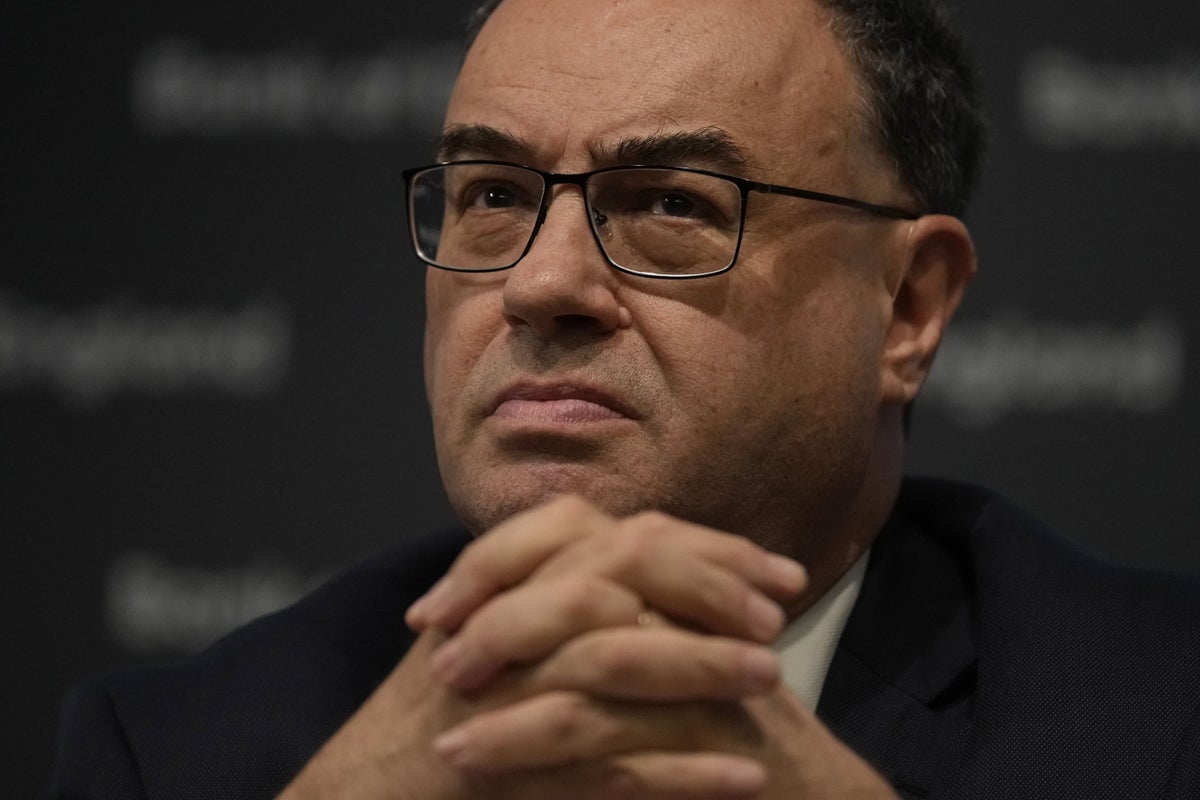
The governor of the Bank of England has backed the City watchdog’s action to ensure interest rate rises are passed appropriately to savers, saying a failure to do so “raised a question about fairness to customers”.
Andrew Bailey’s comments to the i newspaper came after the bank raised interest rates for the 14th time in a row, to 5.25% from 5%, as it signalled that borrowing costs could stay high for a prolonged period of time to keep a lid on inflation.
The rise came on Thursday, just days after the Financial Conduct Authority (FCA) said it will take action if banks and building societies offering the lowest savings rates are unable to justify by the end of August how those rates offer fair value.
There needs to be effective competition for deposits, which will be encouraged by the FCA’s measures to improve transparency— Andrew Bailey
In a Q&A with readers of the i, Mr Bailey said lenders’ failures to pass on rising rates to savers “raised a question about fairness to customers”.
Mr Bailey said: “The Financial Conduct Authority announced this week that it’s taking action to ensure that customers get a fair deal and we support their work.
“There needs to be effective competition for deposits, which will be encouraged by the FCA’s measures to improve transparency.”
The FCA’s plan follows a review of the cash savings market and a meeting held with banks in early July.
The regulator found that, while interest rates on savings accounts have been rising, this has been happening more slowly for easy access accounts.
It said that nine of the biggest savings providers, on average, only passed through 28% of the base rate rise to their easy access deposit accounts between January 2022 and May 2023.
Notice and fixed-term savings accounts have seen greater pass-through of rate rises, with the nine firms passing through 51% over the same period.
There has also been significant variation between firms, with smaller providers often offering higher interest rates on average than their bigger competitors, according to the FCA.
The far-reaching consumer duty on financial firms came into force on Monday, requiring them to put customers at the heart of what they do and setting higher and clearer standards for them to follow.







